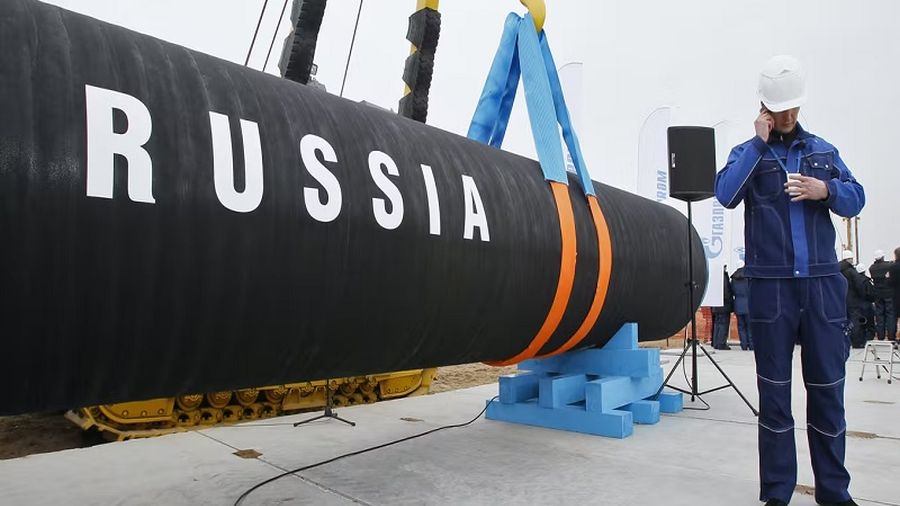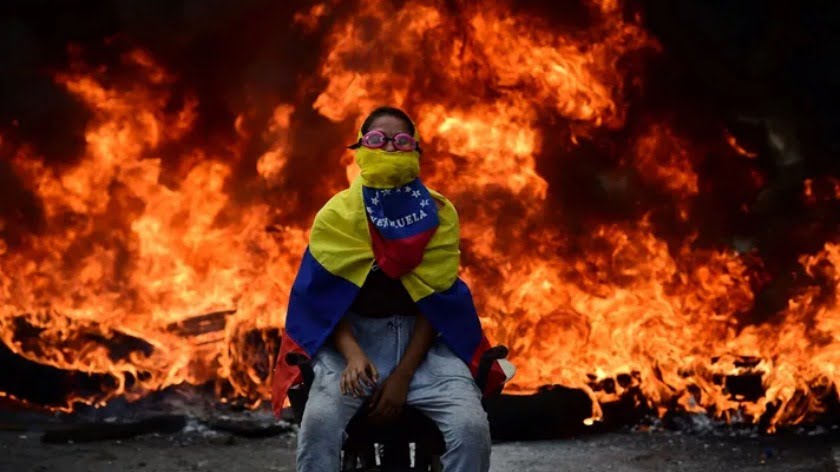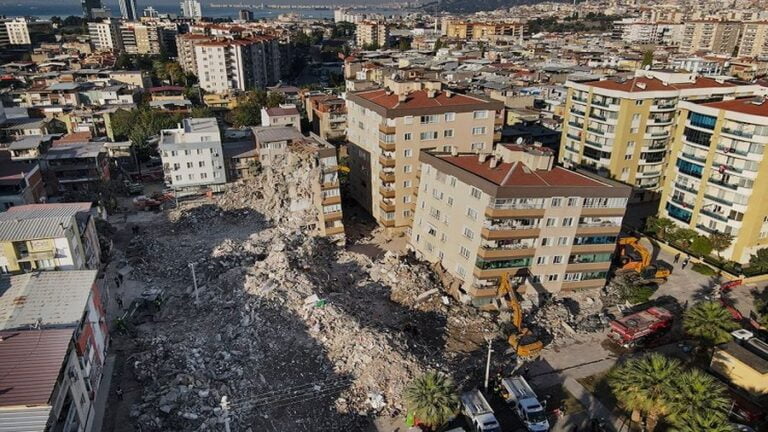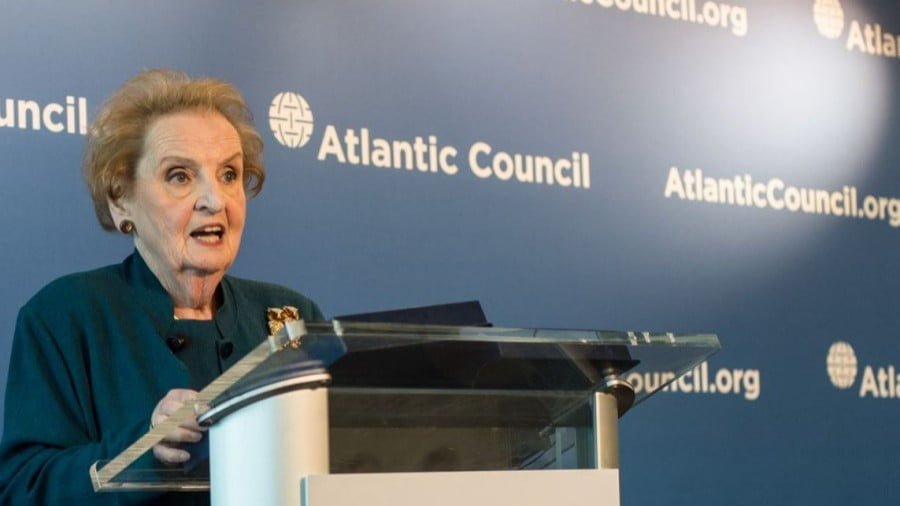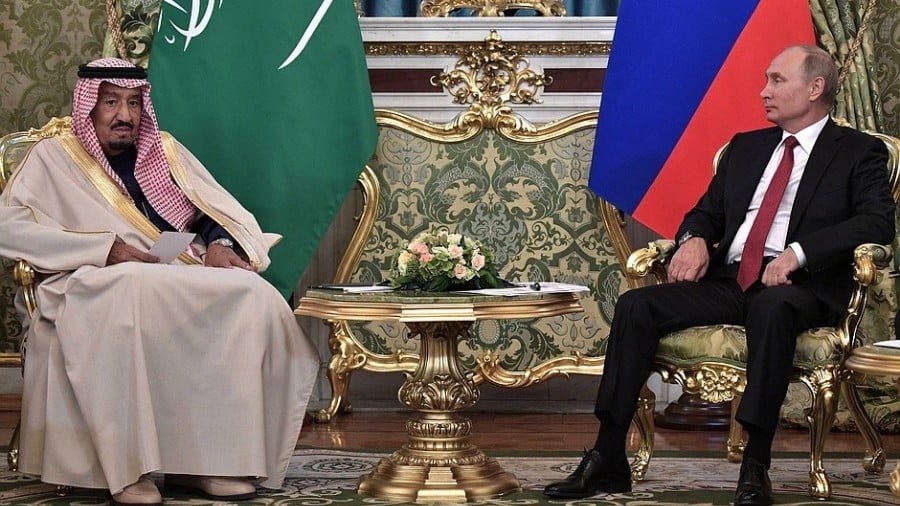Russia’s Tit-For-Tat Energy “Threat” Is Actually a Form of Strategic Self-Defense
Russia’s potential employment of energy export restrictions to the EU is a legitimate form of strategic self-defense because the Eurasian Great Power retains the sovereign right to respond to that bloc’s US-encouraged unilateral and illegal sanctions against it. Doing so wouldn’t amount to the so-called ‘weaponization’ of energy but the justified defense of Russia’s strategic interests as a form of quasi-symmetrical pressure intended to compel the EU into reconsidering the wisdom of its mutually counterproductive economic restrictions that only advance the Anglo-American Axis’ interests.
Many Western pundits are jumping for joy following Russian Deputy Prime Minister and former Energy Minister Alexander Novak’s comments on Monday that his country reserves the right to cut off Nord Stream I’s exports to the EU in response to the bloc’s banning of Nord Stream II. They regard this as their long-awaited “gotcha moment” whereby they believe that Russia finally showed that it does indeed truly “weaponize” energy after all despite years of denying any such strategy. Lost amidst these perverse “celebrations” is the fact that Novak immediately followed up his comment by reaffirming that Russia hasn’t yet done this and that “No one will benefit” if it happens. He also warned that the EU’s US-encouraged boycott of Russian oil could disastrously drive global prices up to $300 a barrel, which could predicably worsen the EU’s much-vaunted standard of living in the blink of an eye.
Novak wasn’t “threatening” the EU though despite the US-led Western Mainstream Media (MSM) and their allied “analysts” claiming that his comments are “proof positive” of Russia’s alleged “weaponization” of energy. In fact, his remarks are actually a form of strategic self-defense in reminding the EU of the complex system of economic interdependence that ties these two giants together. Just like Russia would lose enormous amounts of much-needed revenue through such a fateful step (whether it shuts off the tap on its own or the EU decides to boycott its partner first) and risk ruining its reputation as a reputable supplier, so too would the EU experience massively adverse consequences such as those related to triggering a potentially unprecedented worsening of its ongoing economic crisis. The only ones who’d win from this apart from some West Asian suppliers is the Anglo-American Axis (AAA).
That neo-colonial hegemonic duopoly not only actively works to divide and rule Eurasia, in particular the EU and Russia, but hopes to exploit their continental “partners” upon the next phase of their economic crisis in the event that either they or Russia initiate a significant energy disruption. The bloc will likely plunge into poverty, after which the AAA can extend high-interest and/or strings-attached loans along with buying up their competitors on the cheap. The end effect is that this would strengthen their chokehold over the EU and extinguish any vestige of strategic autonomy that some of its countries like France might still have. This would advance the grand strategic trend of the world becoming increasingly divided into “spheres of influence” among the world’s top three Great Powers – the US, China, and Russia – despite none of them agreeing with this term when it’s used to describe their partners.
To be clear, this phrase is being employed for simplicity’s sake to facilitate the broadest audience’s understanding of these very complex geostrategic processes and doesn’t imply that China and Russia’s partners have the unequal relations with them that define the ties between the AAA and others. Having clarified that, the AAA asserts itself over North America, large swaths of the Caribbean and Latin America, and now the entirety of the EU. Russia, meanwhile, mostly concentrates its influence in the former Soviet Republics though it also has some privileged partners elsewhere like Iran and Syria in West Asia, Ethiopia in Africa, India in South Asia, and Vietnam in Southeast Asia. As for China, it’s the most important country across most of the Global South due to its Belt & Road Initiative (BRI).
That’s not to deny the existence of very strategically autonomous countries like Brazil, India, and Turkey, among a few others, but just to point out that practically all states with the exception of those and a couple others can be described as being closer to one of those three Great Powers. The EU had hitherto been regarded as a promising Great Power in its own right but voluntarily surrendered its strategic autonomy to the AAA following the onset of Russia’s special military operation in Ukraine. That development represents one of the most dramatic captures of any area of the world in history in the shortest amount of time, not to mention without the captors firing a single shot. It was the ultimate outcome of the AAA’s long-running Hybrid War on the EU and divide-and-rule scheme vis-a-vis Russia.
Returning back to the lead-in topic of this analysis, Russia’s potential employment of energy export restrictions to the EU as a legitimate form of strategic self-defense, the Eurasian Great Power retains the sovereign right to respond to that bloc’s US-encouraged unilateral and illegal sanctions against it. Doing so wouldn’t amount to the so-called “weaponization” of energy but the justified defense of Russia’s strategic interests as a form of quasi-symmetrical pressure intended to compel the EU into reconsidering the wisdom of its mutually counterproductive economic restrictions that only advance the AAA’s interests. Those who spin it in any other way almost always omit the rest of Novak’s remarks cited in the first paragraph and are therefore actively complicit in the US’ ongoing infowar against Russia.

